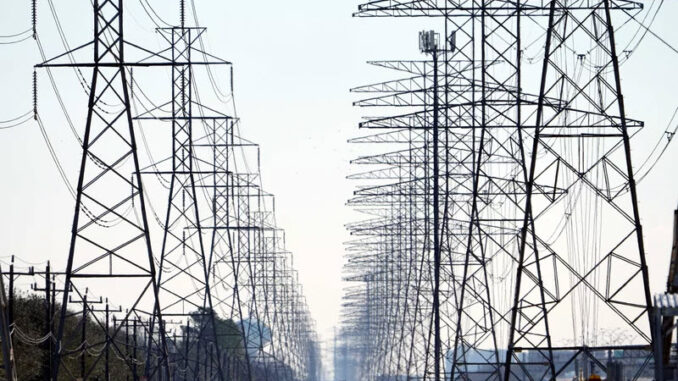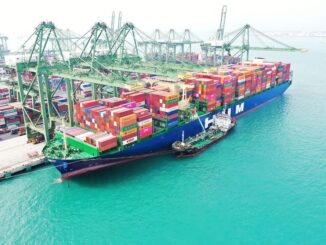
The South Korean government has decided to raise electricity rates by Won 5/kWh (0.4 cent/kWh) for the third quarter to reflect spikes in prices of fuels such as LNG and coal, the energy ministry and the state-run power monopoly said June 27.
It marks the second hike in the country’s electricity tariffs this year following a Won 6.9/kWh rise for the second quarter.
The Won 5/kWh rise for Q3 was a result of efforts by the government and Korea Electric Power Corp to minimizes electricity rate hike due to mounting inflationary pressure, the Ministry of Trade, Industry and Energy said.
“The hike of the electricity fee is expected to cost around W1,535 more for a four-member household on average per month,” the ministry said in a statement. “The government tried to keep the increase rate at a minimum level given its impact on inflation,” it said.
In May, South Korea’s consumer prices jumped 5.4% on the year, the fastest rise in almost 14 years and a pickup from a 4.8% spike the previous month.
Kepco has called for a rise by Won 33.6/kWh in the adjusted unit fuel cost — a key part of the country’s electricity rates — for Q3 to reflect sharp rises in fuel costs.
But the government rejected the request, just allowing for a Won 5/kWh increase. For Q2, the government froze the adjusted unit fuel cost, approving only a Won 6.9/kWh rise in reserves for climate change.
The country’s electricity tariff consists of basic rate, basic fuel cost, adjusted unit fuel cost that reflects quarter-to-quarter change, and reserves for climate change.
Rise in fuel costs
Kepco’s costs of fuels such as LNG, coal and oil were averaged at Won 582.9/kg, or Won 80.2/kWh, for the past three months until May, up 72% from Won 338.87/kg, or Won 46.6/kwh, averaged for the full year until November 2021, according to Kepco’s notice.
The state utility’s purchasing cost of LNG averaged at Won 1,023.16/kg over March-May, compared with Won 1,157.83/kg for three months earlier from December last year to February.
Coal purchasing cost rose to averaged Won 257.28/kg over March-May, from Won 218.5/kg for three months earlier.
Coal-fired power plants account for about 40% of South Korea’s electricity mix, and LNG-fired power plants are responsible for around 25%, while nuclear reactors satisfy around 30% of demand. The remaining comes renewables and oil.
The country’s electricity rate has long been frozen despite spikes in fuel costs. Kepco was allowed to raise rate by Won 3/kWh in Q4 last year, which marked the first increase in the electricity rate since November 2013.
Kepco has introduced flexible electricity rates linked to global fuel prices such as LNG, coal and fuel oil, starting 2021, in a move to improve its profitability. It previously charged an electricity rate under a fixed-rate electricity billing system.
Under the new system, the billing system of electricity is revised every three months, depending on movements in the global prices of the fuels.
But the government has refrained from raising electricity rate due to concerns about inflationary pressure and political motivation such as elections.
As a result, Kepco reported a record yearly loss of W5.86 trillion last year. “Kepco will seek every possible measure, including selling assets and restructuring, to minimize rate hike factors and to improve our financial structure of more than Won 6 trillion,” the state utility said.
Source: Spglobal.com



